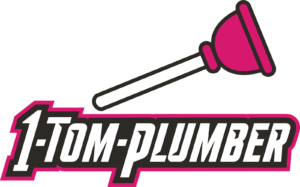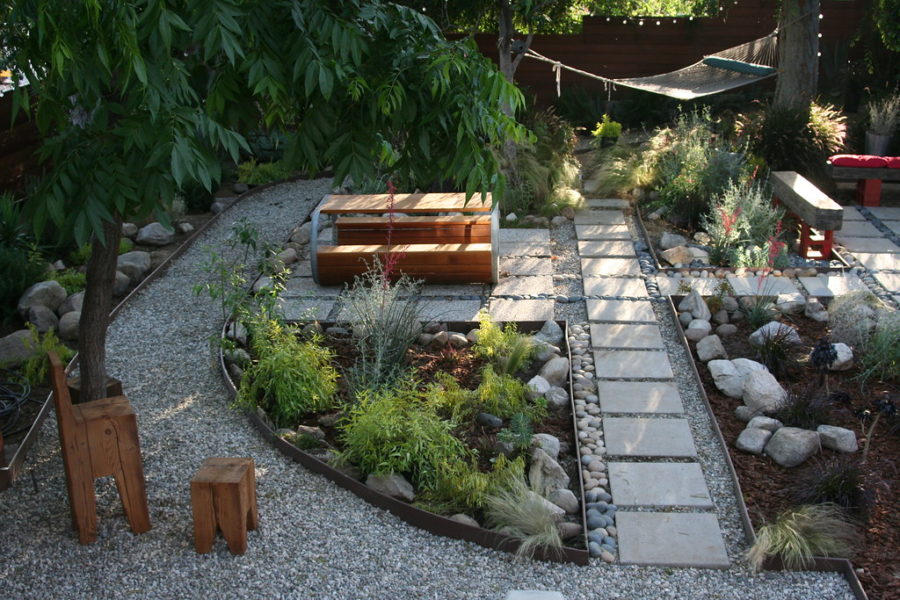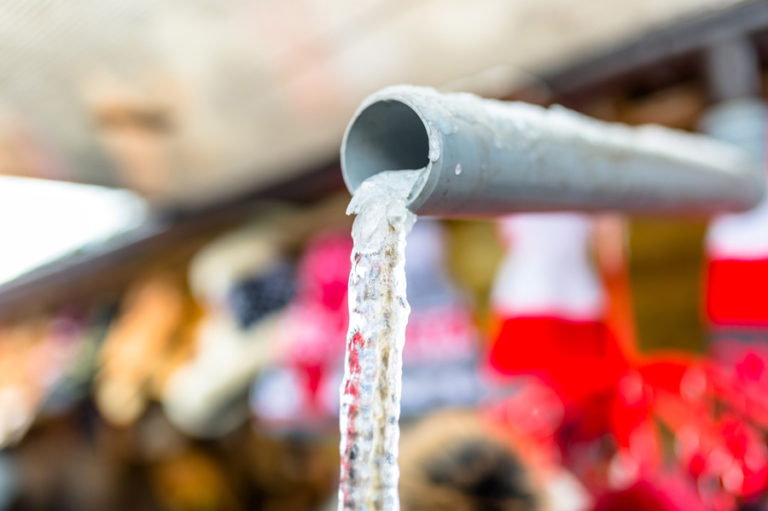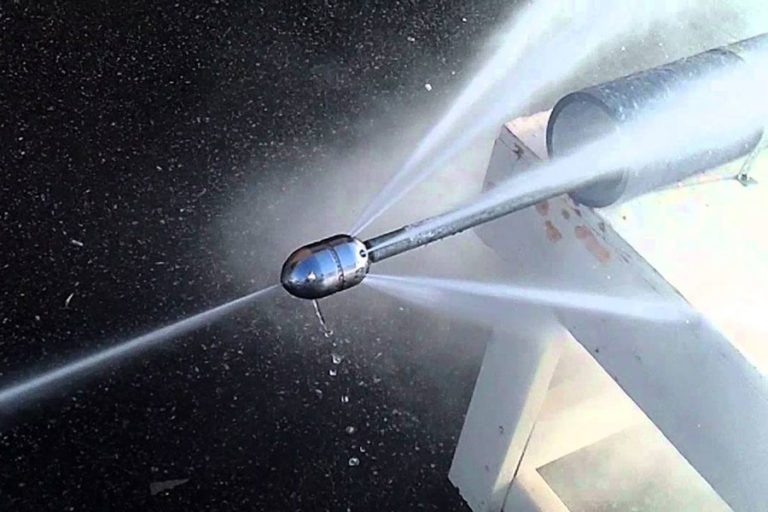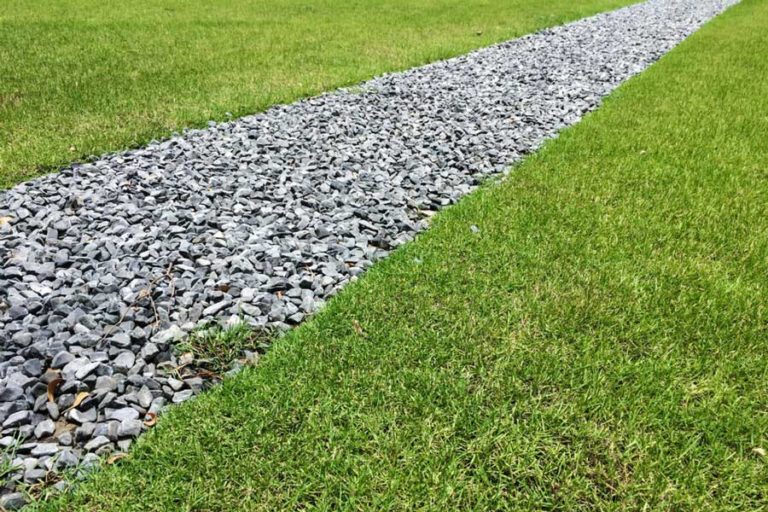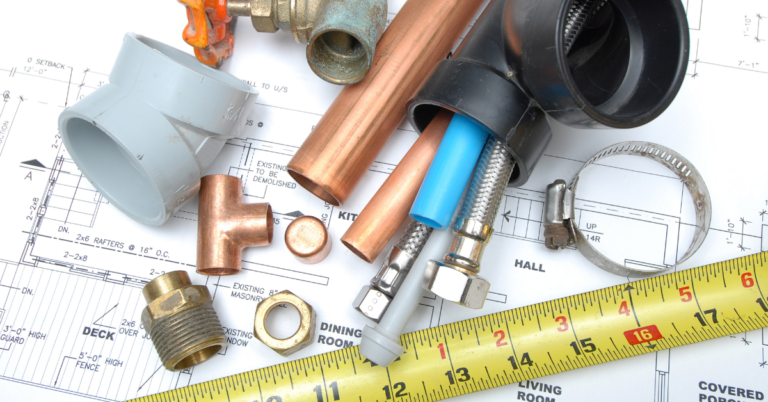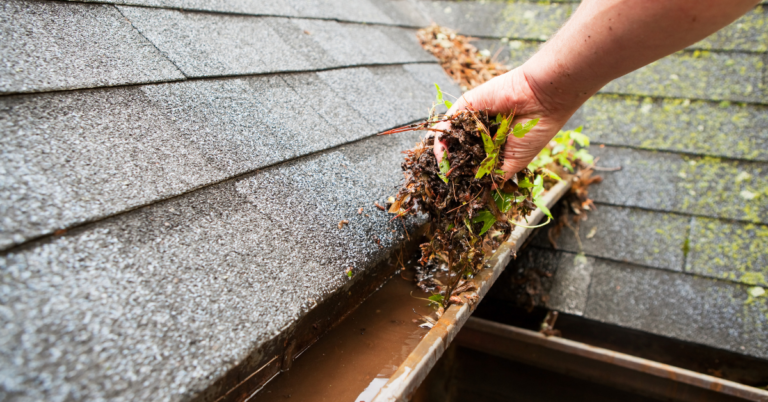Greywater Recycling Systems (What Are They?)
Greywater recycling systems can be beneficial when it comes to reusing water. It can be any water that is lightly in use from bathroom sinks, tubs, showers, or washing machines. A greywater collection system is a convenience because it continuously recycles that water back.
Notice that greywater does not include water from toilets because greywater does not come into contact with feces. This is why the water that is in toilets is never in use with greywater collection. Greywater can contain things like dirt, food, grease, hair, and cleaning products that you might use in your household. Rest assured that it is a safe and beneficial measure. It’s actually a really good fertilizer for plants.
Uses of Greywater
Greywater is put to use in many different ways. The washing machine is one of the easiest sources to use greywater from. This water is usually pumped out to your plants for great fertilization.
Showers are another good source of greywater because they produce relatively clean water. The suggested way to use greywater from your shower is to consider a gravity-based system. Drainage pipes hook up to the shower that moves the water downward. It then goes into a mulched basin, usually to water the root zone of trees or other large plants.
Kitchen sinks have the potential to be a good source of greywater. Washington, Oregon, Arizona, and Montana are the only states that allow it. Be careful though, kitchen sinks are very high in organic matter like food or grease. This water clogs many types of systems and is not meant for use in all states.
It is much simpler in residential areas to utilize the greywater outside. A house with high water use or an apartment building would be an exception for greywater use indoors.
Greywater reuse is a simple way to continuously water large trees and plants. Greywater recycling systems are not as great for small plants that cover a large area. These systems should be used for larger plants and trees for high efficiency.
Be Aware of These Greywater Guidelines
You should not store greywater for more than 24 hours. If you do, the nutrients will begin to break down and the water will give off an unpleasant odor.
Minimizing your contact with greywater is ideal because it’s not safe for humans or animals to take in. To safely use greywater, you should only use it for flowers and plants, not vegetables, because you will later eat those.
Make sure that the greywater is soaking into the ground and not puddling up or running off. Carefully considering the design of how the greywater is dispensing is an important task. Make sure you know you are following the guidelines correctly.
What’s the Difference Between Greywater and Black Water?
Both greywater and black water are water waste. The key difference is that black water is sewage water. This means it has come into contact with urine and fecal matter.
Black water is also any water from the kitchen sink or dishwasher because it comes into contact with food and can contaminate the water. Unfortunately, black water contains harmful bacteria, which is very difficult to filter for reuse. There is a reason why that water goes right to the sewer from your home!
Final Thoughts
Greywater recycling systems are efficient for many reasons, but they are not intended for use if water from the toilet, kitchen sink, or dishwasher are used. These three areas are contaminated from fecal matter and/or food. It is very difficult to filter out those materials and try to reuse the water. This is why greywater only comes from bathroom sinks, tubs, showers, or washing machines.
Call 1-Tom-Plumber
Don’t hesitate to contact us here or call us at 1-Tom-Plumber (1-866-758-6237) if you need help with any plumbing, drain cleaning, water damage, or excavation services. 1-Tom-Plumber’s certified team of plumbers and drain technicians respond immediately to any emergency plumbing, drain cleaning, or water damage problem. We also handle the excavation of underground water lines and sewer main lines. Our immediate-response team is available every day and night of the year, even on holidays.
